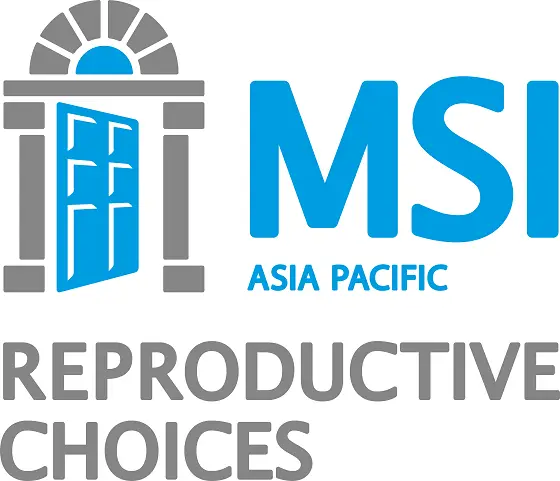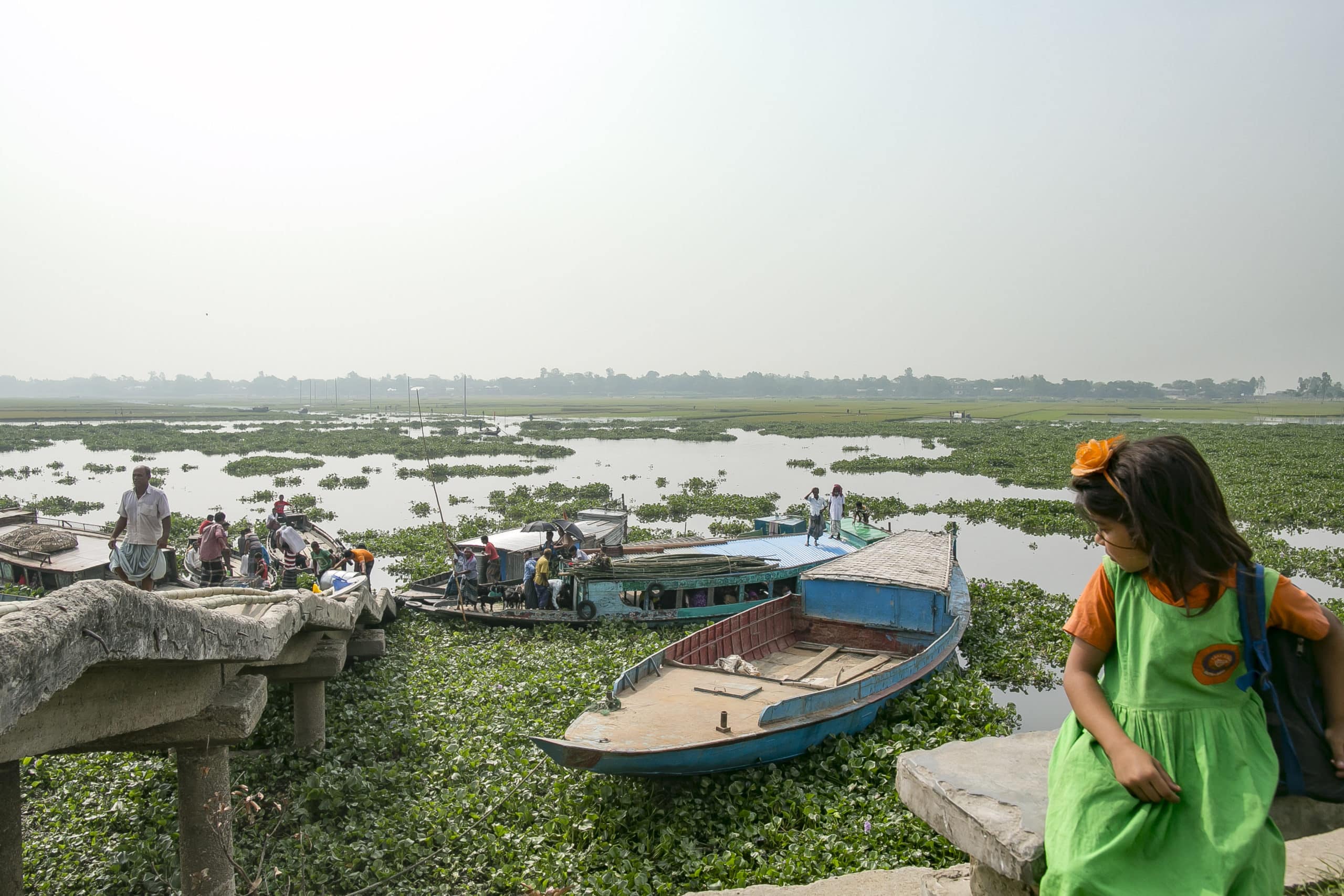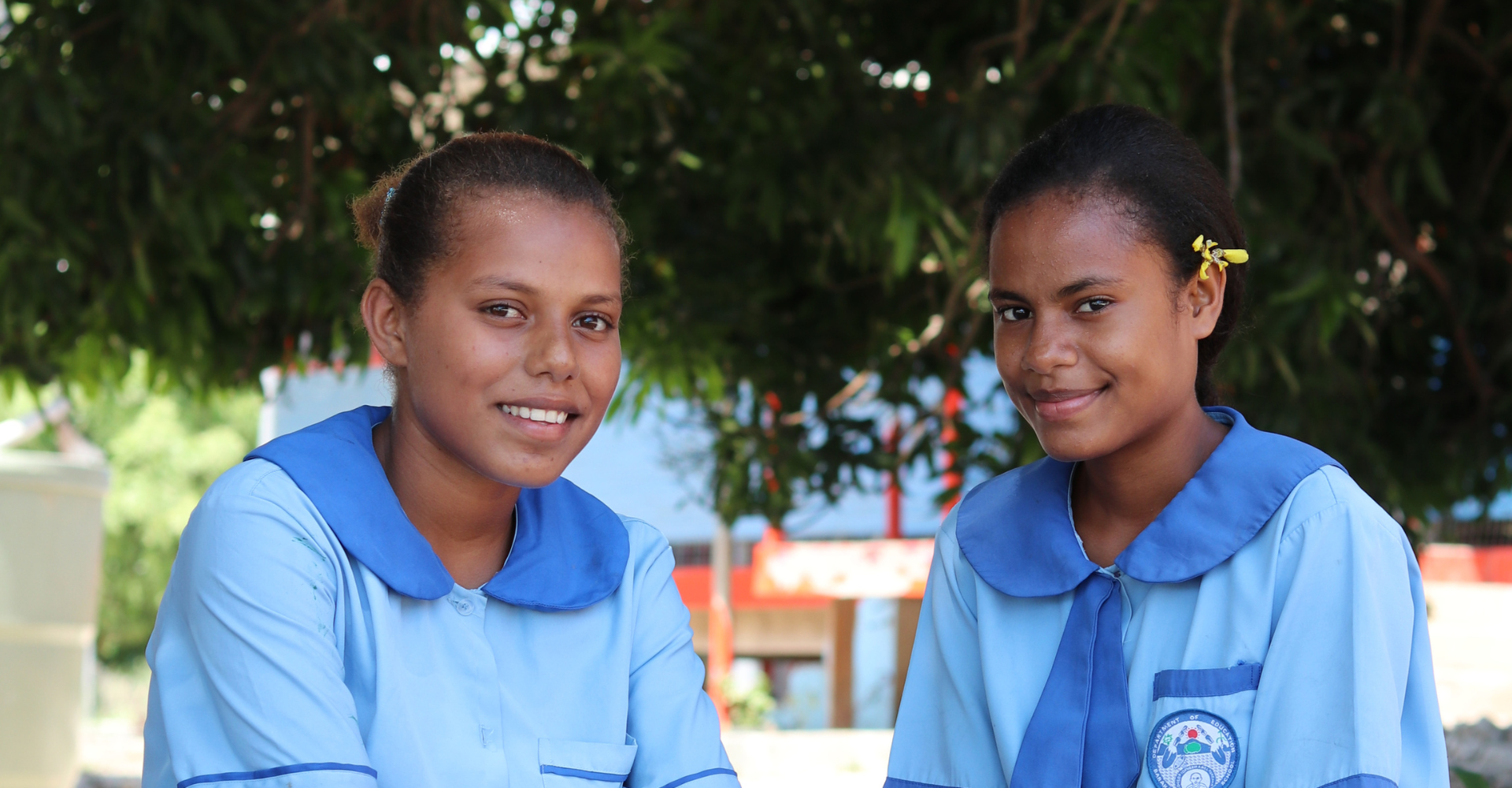“I want two children, one son and one daughter, three years apart.” –Aalia, Bangladesh
Aalia lives in a remote area of Bangladesh in the Kishoreganj district with her husband and son.
Known for its wetlands, in the monsoon season runoff water from rivers and canals can create vast stretches of turbulent water, isolating those that live nearby.
It can be a challenge to get family planning services to this area, which is why support from the RESPOND project, funded by the Australian Government Department of Foreign Affairs and Trade, has been crucial to making family planning services available through the MSI Bangladesh outreach team.
Aalia got married at 16, and had her first child at 17. She was not aware of family planning and contraception, but after she gave birth, she knew she wanted to wait three years until she had her second child. She said having her children spaced three years apart “will be good for the baby, he will grow well”. She wants her son to have a good education, and dreams of him becoming a doctor.
As family planning was a new concept to her, Aalia was initially unsure about using contraception. The MSI Bangladesh team went to her home and invited Aalia to a family planning event. Aalia wanted more information about the potential side effects of contraception, so she could make an informed decision for herself and her family.
After Aalia was counselled about the family planning methods available to her, she decided to use an implant. After three years, Aalia will take out the implant, when she plans to have her second child. She hopes her second child will be a daughter, and plans to “educate both.” She has also decided to share her experience with other women in her community, some of whom have also used an implant for family planning.




